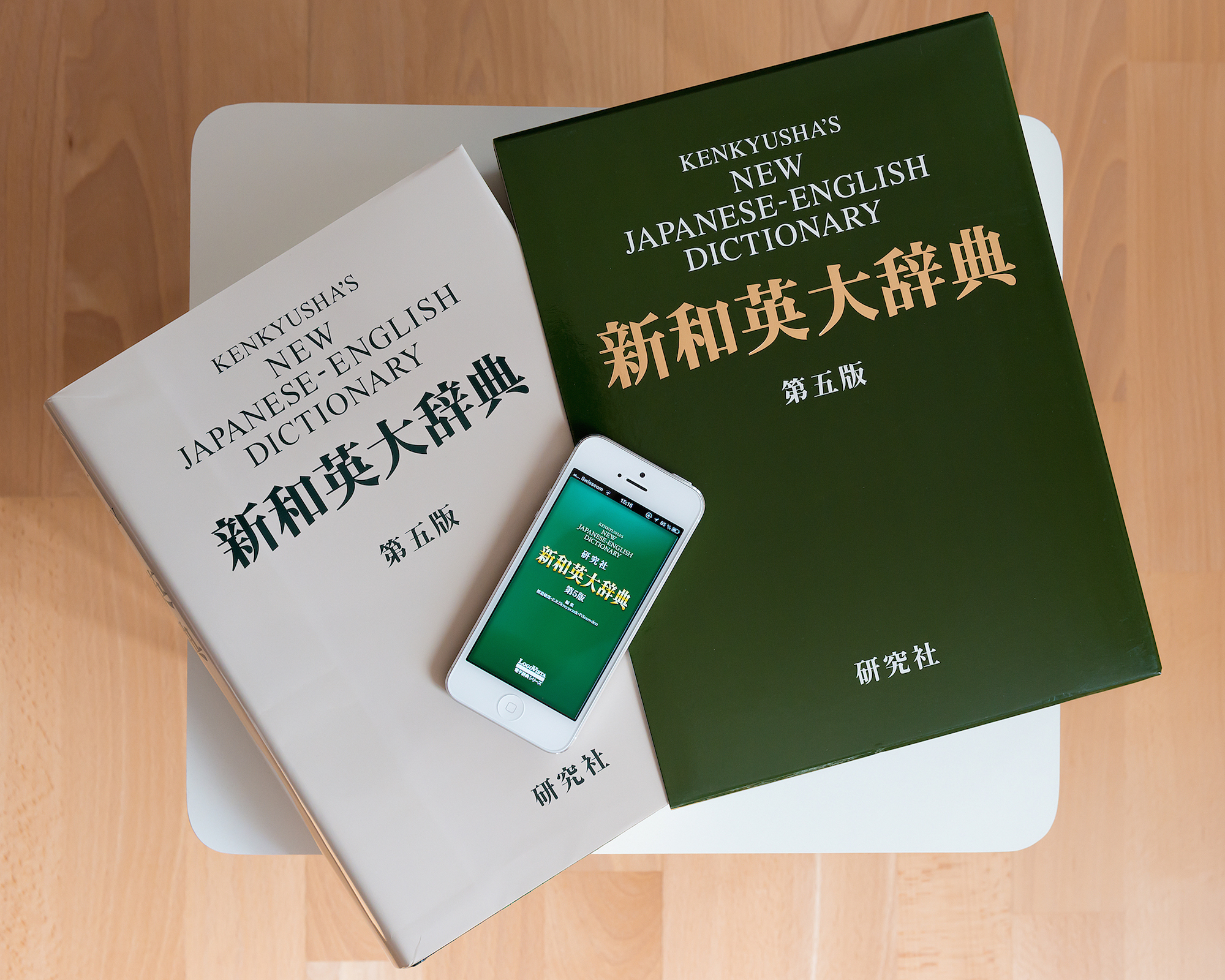Daniel Morales
Mar 30, 2015
Mar 9, 2015
Feb 2, 2015
Jan 5, 2015
Dec 22, 2014
Oct 6, 2014
Aug 18, 2014
Aug 9, 2014
Jun 29, 2014
May 4, 2014
Mar 23, 2014
Feb 23, 2014
Apr 21, 2013
Jun 25, 2012
























